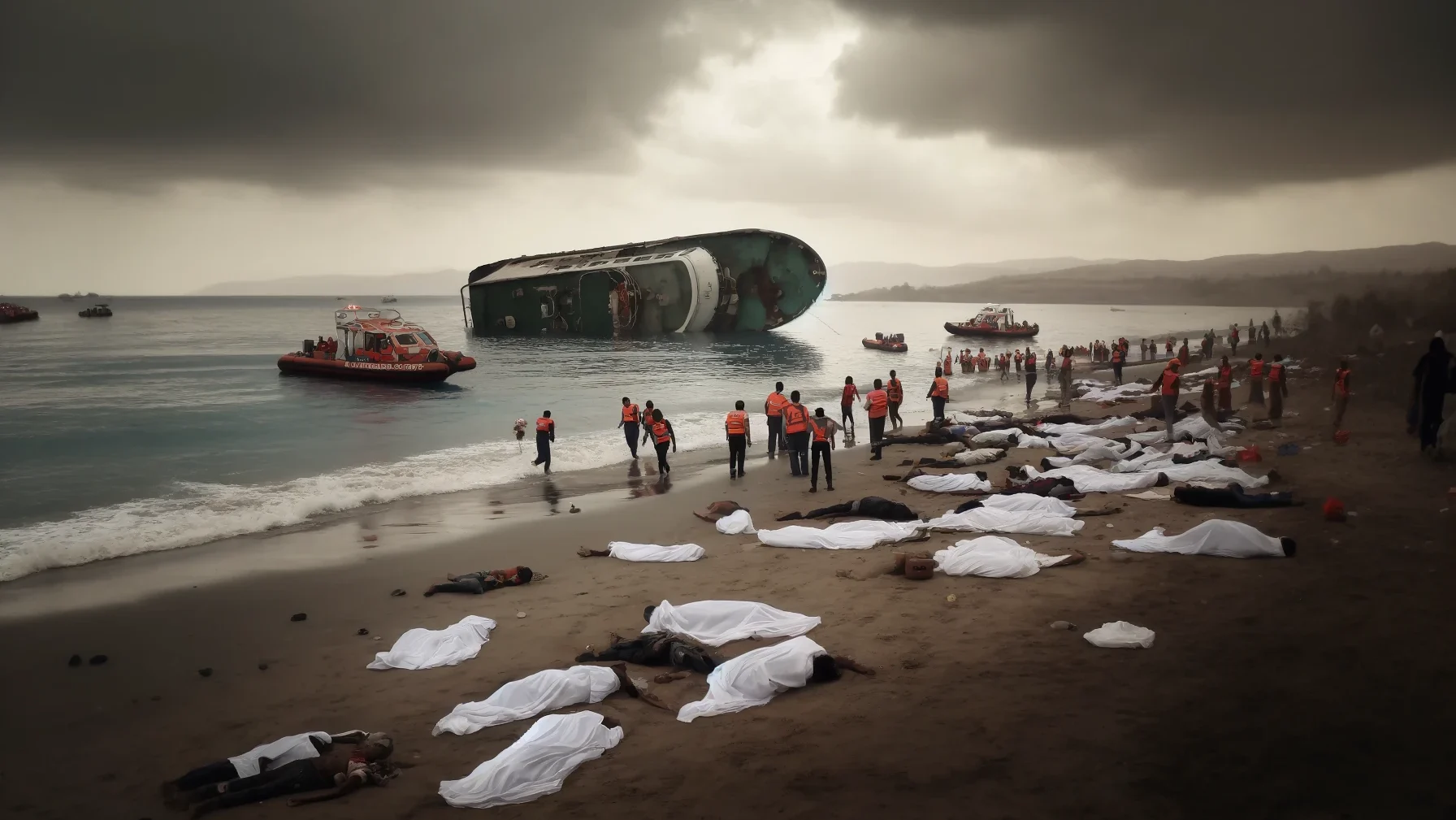‘The Real Solution Is To End the War in Sudan’: UNHCR on Deadly Libya Shipwreck
The UN refugee agency said a boat carrying 74 people, mostly Sudanese, capsized off Libya on Sept. 13 after a fire on board, leaving only 13 survivors and dozens missing. The agency linked the tragedy to Sudan’s civil war and the scarcity of safe ways out, stressing that departures continue from Libya’s fractured coastline where smugglers operate with ease. “The real solution is to end the war in Sudan so families can return home in safety and not take these dangerous journeys,” the UNHCR said.
Details from partner agencies point to a grim sequence: The International Organization for Migration reported at least 50 Sudanese refugees died after a blaze on the same vessel, while Libya’s navy said it separately rescued 35 people—five women and a child—near Abu Kamash, about 156 km west of Tripoli, taking them to a reception center for food, water, and basic services. Authorities say they have recorded 51 smuggling cases this year and intercepted 3,480 migrants from multiple countries.
This holiday season, give to:
Truth and understanding
The Media Line's intrepid correspondents are in Israel, Gaza, Lebanon, Syria and Pakistan providing first-person reporting.
They all said they cover it.
We see it.
We report with just one agenda: the truth.


Libya has served as a major staging point to Europe since the 2011 uprising that toppled Moammar Gadhafi. With the country still split between the Tripoli-based Government of National Unity and an eastern administration aligned with Khalifa Haftar, rival power centers and weak oversight have allowed trafficking networks to thrive. UN agencies describe the central Mediterranean as the world’s deadliest sea route, with repeated shipwrecks and widespread reports of abuse in detention centers.
The latest loss underscores a grim calculus: As long as the war in Sudan rages and legal pathways remain scarce, desperate families will keep risking the crossing in fragile boats, and rescue crews will continue pulling survivors—and bodies—from the water.

